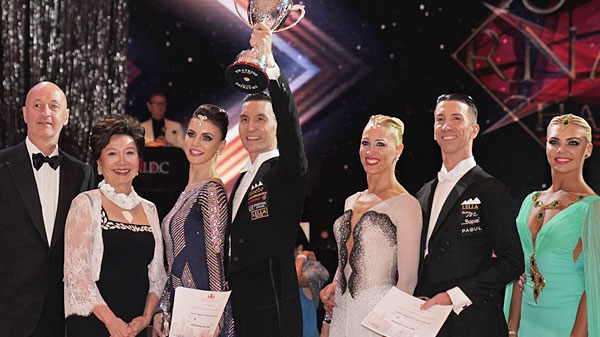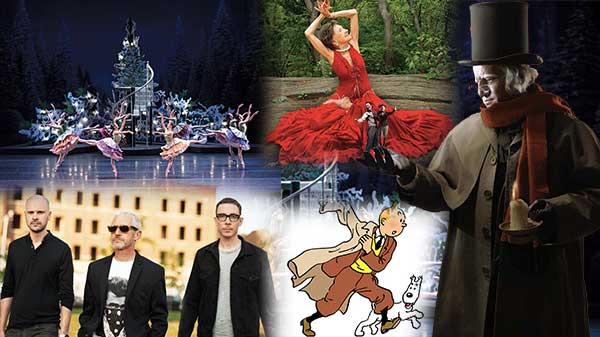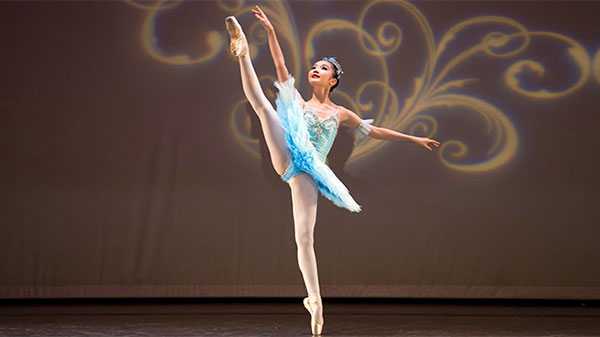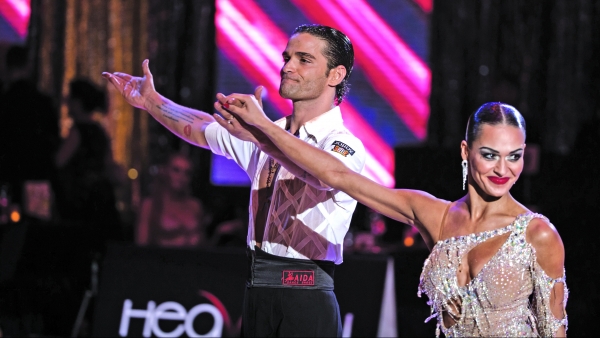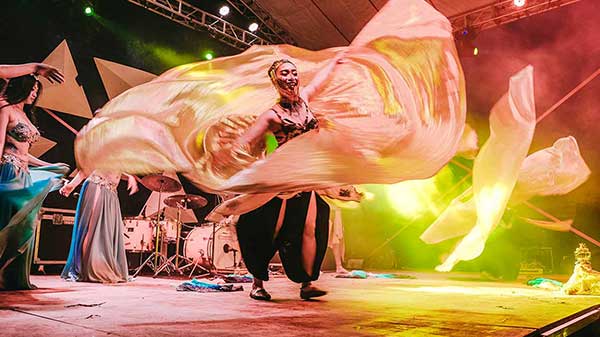
East Meets Fest: Multi-day music escapes are taking centre stage in Asia

Burning Man, Coachella, Glastonbury. While festivals have been around for the last century (the first Glastonbury was said to have taken place in 1914), its modern-day form has been reinterpreted in hundreds of ways across a vast and ever-changing spectrum.
The US and Europe have dominated the world’s festival scene since the Woodstock era almost 50 years ago. In Asia, however, music festivals existed only by the handful until a few years back. One of the region’s pioneers is Japan’s Fuji Rock Festival, which has grown since its inception in 1997 to become the country’s largest outdoor music event, with 125,000 guests in attendance last July.

“Countries like Japan have a more established festival culture and are more mature like in the West,” says Clockenflap founder Justin Sweeting. Clockenflap is a music and arts festival held annually in Hong Kong, considered one of the region’s leading events for its commercially successful and inclusive model.
“There aren’t a large number of players in Hong Kong’s festival scene at the moment,” says Sweeting. “We had to build Clockenflap from scratch for that very reason, and pioneer festival culture development on our own for a good number of years.”

However, in the last four years, the scene has been growing quickly, as evidenced by the boom of Wonderfruit, a sustainable lifestyle movement embracing a broad range of interests associated with the modern-day, well-heeled crowd. Festival-goers, for instance, are continuously entertained by round-the-clock art installations, music acts, yoga sessions, ‘farm to feast’ bites – the list goes on.
“Wonderfruit kind of started the whole lifestyle, community driven style of event here in Asia,” says Pranitan “Pete” Phornprapha, Wonderfruit’s Founder and Creative Director. “[It] came from the instinct to create inspiring content, which, for me, means content that has the ability to create real, positive impact… especially from an environmental standpoint… and to make it as fun as possible.

The more mainstream precursors of music festivals in Asia were initiated by organisers in developed markets like Japan, Singapore and South Korea. However, most of these festivals are located in-city, unlike their Western counterparts, where total immersion is often part of the experience. Burning Man in Nevada takes the phenomenon to an extreme, building an entire city of 70,000 festival-goers every year in the middle of the desert.
ZoukOut in Sentosa Island, Singapore, partners with international hospitality brands like W Resorts. It’s the garden city’s version of a music festival: high-end from start to finish. Since its inception 17 years ago, the dance music festival on Siloso Beach has secured its own pin on the festival map.

Below the radar, meanwhile, are smaller destinations showing signs of potential as future festival hubs. Thanks to the surge in budget flights, Hanoi has most recently been chosen by festival organisers as an alternative and more affordable locale. Festival goers flock to the shores of Dong Mo Lake – an hour’s drive west of Hanoi – for two different festivals each year (so far). One is Equation, a house and techno affair that just debuted in April. Another is Quest, which takes place every November. Compared to the sky-high tickets of big-city productions like Clockenflap (HK$1,940 at the door for a 3-day pass), Hanoi’s counterparts are certainly more accessible at a fourth of that price, at most.

Katrina Razon, co-founder of Third Culture Music + Media, says Asia has incredible potential as a largely untapped festival market. “The live events industry in Asia is an exciting space,” she says. “There are so many opportunities to create a brand, whereas [the west is] already saturated with cut-throat competition.”
But as the Asian festival landscape grows into its own, Katrina predicts many festivals will disappear as others materialise. “The ones that will last are the brands that depart from main stage monotony,” she says. “Festival brands need to be more diverse. They also need to incorporate the local backbone and not overpay for headlining acts to remain sustainable.”

Looking to the future, Katrina says she would love to see more community-driven concepts. Sweeting similarly calls for events that “have far more cultural significance” beyond simply focusing on the line-up. “I’ve always preferred and held on to special memories from the festivals with an arts and creative cultural leaning,” says Sweeting. Within the region, he recommends Neon Lights in Singapore, Urbanscapes in Malaysia, We The Fest in Jakarta and Malasimbo in the Philippines.
If you’re not quite ready to make the ‘pilgrimage’ to Burning Man, check out our calendar list of upcoming festivals in Asia to dip your toes in. If you do catch the bug, who knows, you just might make it to Black Rock City after all.
Festival Circuit: Asia
Mark your calendar for the region’s upcoming festivals
17-19 Nov 2017 – It’s the Ship – Singapore through Phuket via boat cruise
17-19 Nov 2017 – Clockenflap – Hong Kong
8-9 Dec 2017 – ZoukOut – Singapore
14-17 Dec 2017 – Wonderfruit – Pattaya, Thailand
Jun 2018 – Ultra Korea – Seoul, South Korea
13-15 Jul 2018 – Rainforest World Music Festival – Sarawak, Malaysia
Jul 2018 – Valley Rock Music & Arts Festival – South Korea
Jul 2018 – Fuji Rock Festival – Japan
Aug 2018 – Summer Sonic – Tokyo / Osaka, Japan
Text: Julienne C. Raboca
For the full article, please check out Gafencu’s October issue or the Gafencu app. Download the app from the Google Play Store or Apple App Store



